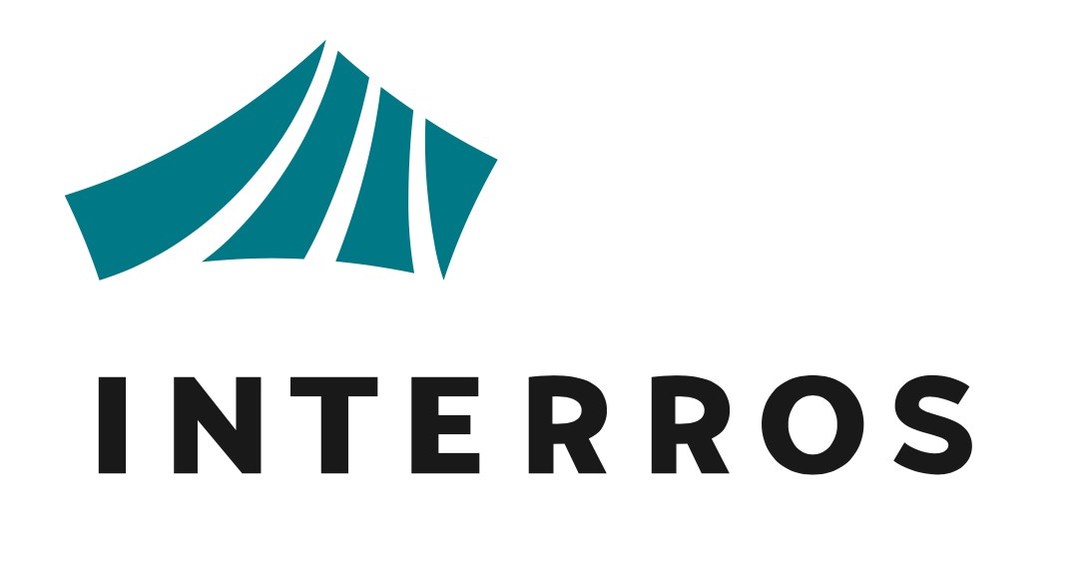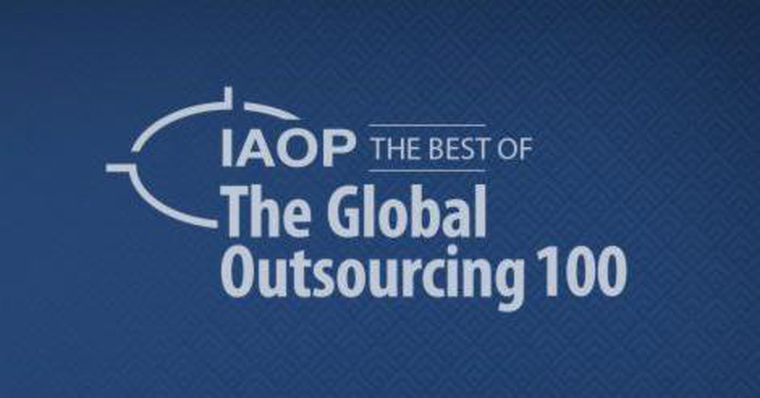Vitaly Balanda (Reksoft):
“Thanks to the growth of the Internet, connected personal devices and IoT, the demand for mobile data transmission and next-generation networks has grown rapidly. Artificial intelligence has become the technology which is penetrating every area of our life faster than others and influencing the development of other neighboring technological stacks.”
According to Director of Innovation at Reksoft, Vitaly Balanda, assessment of the level of investment and a number of scientific publications and patents, as well as the importance of future areas for companies’ technological development globally and in Russia shows high demand for the following technologies in different industries: Artificial Intelligence, Blockchain, Internet of Things, Data Analytics and Information Security.
Dmitry Leshchinsky (Cisco):
“Among the key trends, I would note the implementation of new wireless communication standards: Wi-Fi 6 and 5G.”
Dmitry Leshchinsky, Head of Commercial Organizations at Cisco, notes that in 2019 the company presented its first devices for Wi-Fi 6. Whereas previous wireless standards opened up new prospective implementation scenarios primarily for users, the next generation is aimed at B2B. “I’m sure that completely new business solutions based on these standards will appear soon,” Mr. Leshchinsky says, “and in particular this concerns the large number of devices linked to the Internet of Things.” The second important key area whose development is highly likely to change rapidly is self-contained devices and unmanned vehicles. “Finally, high throughput, low latency and assured reliability of the channel: this is what shall give a new impetus to the use of virtual and augmented reality applications,” Mr. Leshchinsky concludes.
Andrey Ershov (Technoserv):
“Russia is fast becoming an IT country, and the state Digital Economy program no longer seems far-fetched. The majority of citizens have already experienced many of the benefits of IT.”
The CEO of Technoserv Andrey Ershov believes that all the major events and trends in the IT market are related to one main trend: the establishment of Industry 4.0 and further penetration of IT into business, everyday life, society and the state. Many companies and organizations upgrade their IT infrastructure, which increasingly relies on cloud or hybrid technologies. In order to minimize the inherent risks, much attention is given to information security. “As IT requires considerable investment, there is a noticeable trend towards the development of outsourcing and software-configurable decisions. The digital transformation of business assumes restructuring a business’ external and internal processes in a completely new way, while ready-made solutions for many industries are not yet available. As a result, the popularity of end-to-end custom development is growing,” says Mr. Ershov. Furthermore, as speed and territorial coverage are important for information exchange, interest in the development of fiber-optic communication channels, 5G mobile networks and global satellite Internet projects is not waning. The development of these trends in Russia, as always, is dominating in sectors related to the provision of services, such as banks, retail and logistics.
Among the events of the year just gone which might have a positive impact on the IT business in Russia in 2020, Mr. Ershov notes the enactment of the Sovereign Runet Law (which is in fact an amendment to the Communication Law and the Law on Information, Information Technologies and Protection of Information). In addition, from July 1, 2020, when selling certain types of technically complex products – smartphones, computers and TV sets with a Smart TV function – they shall have Russian software installed. As Mr. Ershov suggests, such a solution is beneficial for domestic software vendors, as well as for the state, given that the import substitution problem will be solved in one more market sector and the choice of services will be increased for users. What’s more, the law does not prevent smartphone manufacturers from pre-installing foreign software as well. It is important to continue working on import substitution in the IT and telecom sectors, both in order to protect national security and for economic reasons.
Mr. Ershov, for his part, considers the US government sanctions against Huawei to be the most significant event for the global IT market: “For Russia, this situation is rather positive. On the one hand, it has helped reset relations between the IT industries of Russia and China, stimulating a supply of new software and hardware from China, and on the other hand, the enforced isolation has made Chinese specialists work harder on their own import substitution of American products, which indirectly also plays into the hands of the Russian IT sector.”
Boris Shcherbakov (Dell Technologies):
“We are witnessing the transformation of transport systems into intellectual ones and the transformation of ordinary houses, streets and neighborhoods into smart ones. Starting from Innopolis (a new hi-tech Russian city) and ending with almost any large city, we can observe the deployment of ‘smart city’ technologies everywhere in all areas of life.”
Vice President and Director General of Dell Technologies in Russia Boris Shcherbakov says that over the course of recent market research entitled ‘Realizing 2030’, the company’s specialists identified the five key trends that will radically change our lives in the coming decade: these are the use of virtual and augmented reality, unmanned vehicles, the development of ‘smart cities’, automation and algorithmization, and the widespread roll-out of robots. Mr. Shcherbakov adds that we are already seeing many examples of the use of AR and VR in various aspects of human life, and the next step may be the use of AR in workplaces and industries (for example, to provide continuous training for employees and interactive tips in complex or new situations). As for unmanned vehicles, there is also a tangible progress. In December 2019, unmanned Navya shuttles were launched in South Tyrol (Italy). China and Qatar have launched ART electric tram-buses without drivers. And in California (USA), unmanned vehicles are already allowed to drive on public roads.
And as an example of the development of ‘smart cities’, Mr. Shcherbakov gives an intellectual solution for the distribution and delivery of cargo in the city of Delft (Netherlands), which was developed by Dell Technologies and Nokia together with the Dutch companies Blue Turtle Associates, Aratos Systems, Circle Lines, City Hub, SPIE, the University of Delft and the regional government of South Holland. This public-private project within the ‘smart city’ ecosystem, involves the use of semi-autonomous barges operating on fuel cells, as well as the use of light-loaded city channels to mitigate road congestion and CO2 emissions.
With regard to the Russian IT market, the defining trend here, of course, is the state course on digitalization and the use of appropriate solutions in all sectors of the economy and management. As for the rest, Russia is following global trends: among those worth noting are VR technologies and unmanned vehicles. With regard to VR, developers have begun to move from gaming applications of technology to business tasks, whether it is the provision of a more complete interaction experience, interactivity or the ability to test the product. In particular, at the recent Dell Technologies Forum, a training solution was presented which allowed participants to learn about environmental initiatives and even try their hand as a virtual volunteer. “Moreover, VR technologies have great potential in the field of virtual tourism. Our partners have presented fully digitized expositions of world museums that can be visited without leaving the house,” says Boris Shcherbakov. And in the area of unmanned transport, companies such as Yandex and Sberbank are working on their projects. It is expected that in the next few years, unmanned vehicles will appear in all major regions of Russia, while major automobile manufacturers will start their mass production. Mr. Shcherbakov is convinced that its success is down to the development of a legal framework.
Nikolay Marin (IBM):
“Closing the landmark acquisition of Red Hat by IBM, in my opinion, has opened a new chapter in terms of approaches to infrastructure modernization and the transfer of critical workloads in hybrid and multiple clouds from different vendors.”
IBM Technology Director for Russia and the CIS Nikolay Marin believes that IBM’s acquisition of Red Hat is one of the main events in 2019. The Red Hat business model is unique in its own way and relies heavily on the development of the Open-Source-developer community. In this way, the approach to building hybrid clouds will now become much more common on the market as public cloud platforms have already proven their ability to meet the requirements of security and data protection in businesses.
Source (on russian): https://www.it-world.ru/it-news/analytics/150660.html




